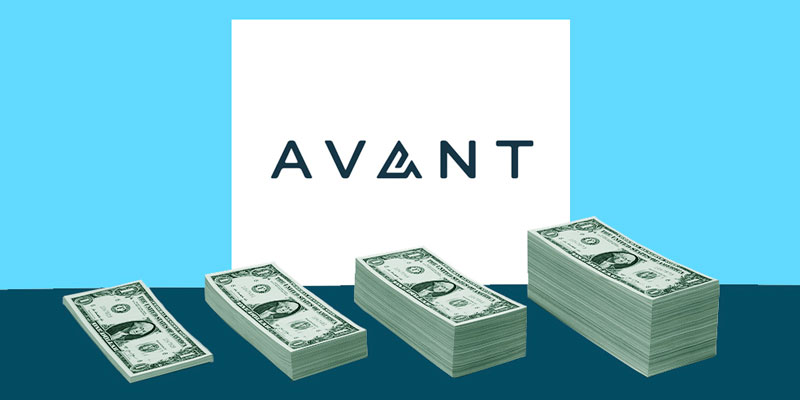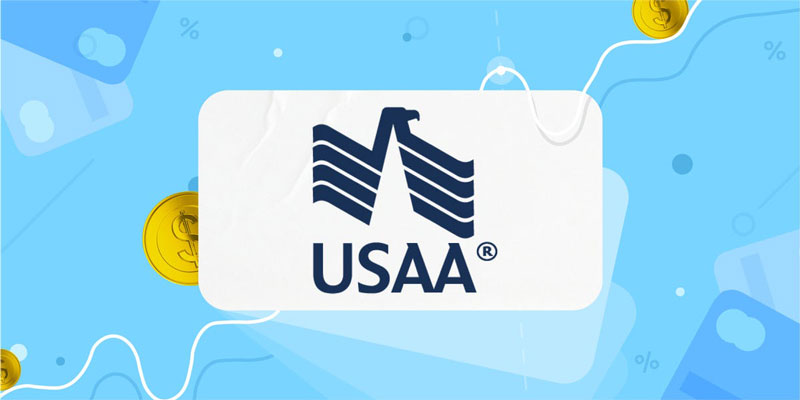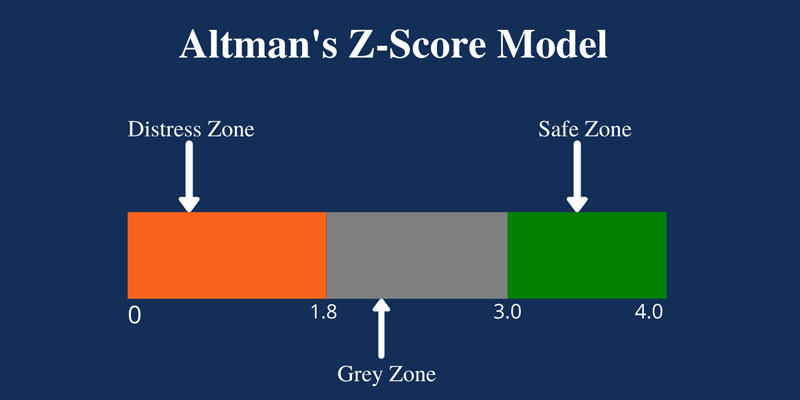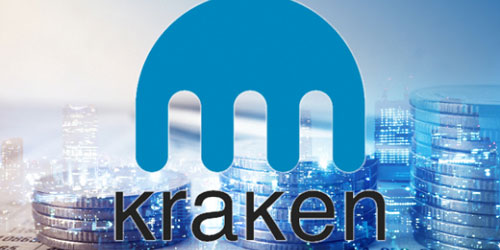Jul 03, 2023 By Susan Kelly

Have you ever wondered what an assumable mortgage is? If so, this blog post is for you! An assumable mortgage allows a buyer to take over the loan from the existing homeowner. This type of financing tool can be very useful in certain scenarios - such as if interest rates have gone up since the original owner acquired their home loan or if they need to move quickly without having to disburse a large amount of cash upfront. In this blog post, we'll explain how
- an assumable mortgage works,
- discuss its benefits and drawbacks,
and review some important considerations when evaluating whether one makes sense for your situation. Read on to learn more about assumable mortgages and decide if it's right for you!
Introducing the Assumable Mortgage:
Have you ever heard of an assumable mortgage? It's a type of mortgage that can be passed on from the current homeowner to a new buyer. Essentially, it means the buyer takes over the existing mortgage payments without having to apply for a new loan. This may sound complicated, but it can actually simplify the home buying process for some. By assuming the mortgage, the buyer can potentially save on closing costs and lock in a lower interest rate.
However, not all mortgages are assumable, and there can be restrictions and requirements that come with this type of loan transfer. If you're considering buying a home with an assumable mortgage, it's important to do your research and work with a knowledgeable real estate professional to fully understand all the implications.

Advantages and Disadvantages:
Before jumping into an assumable mortgage, it's important to consider the pros and cons. Here are some advantages and disadvantages of this type of loan transfer:
Advantages:
1. Potentially save on closing costs
2. Lock in a lower interest rate
3. Make payments more manageable
4. Avoid having to reapply for a loan
Disadvantages:
1. Not all mortgages are assumable
2. Buyer must be approved by lender
3. Restrictions on assumption of mortgage may apply
4. Seller may need to pay prepayment penalties or other fees associated with assumption of loan
5. The buyer will still have to provide a down payment
Eligibility Requirements for an Assumable Mortgage:
Before taking on an assumable mortgage, you must meet certain requirements. These can vary depending on the lender and type of loan, so it's important to ask your real estate professional and/or lender about any applicable eligibility guidelines. Generally speaking, here are some common criteria for most assumable mortgages:
1. The buyer must be approved by the lender
2. A credit check and documentation of income may be required
3. The buyer must agree to the terms of the current loan
4. The seller must provide proof that they can no longer make their payments
5. The seller may need to pay any fees associated with the assumption of loan
6. Both parties must agree on a transfer of title
7. The buyer must still provide a down payment (typically 5-20% of the purchase price)
How to Make an Assumable Mortgage More Attractive:
When it comes to selling a home, having an assumable mortgage can be a major selling point. But what can you do to make that mortgage even more attractive to potential buyers? First and foremost, make sure the terms of the mortgage are clear and understandable.
Buyers want to know exactly what they're getting into, so ensure all pertinent information is available and easily accessible. Consider offering a lower interest rate or a reduced down payment to sweeten the deal.
And don't forget to highlight the financial benefits of an assumable mortgage; being able to take over an existing loan can save buyers time and money. By making your assumable mortgage as appealing as possible, you'll increase the chances of finding the right buyer for your home.
Assumable Mortgages vs. Traditional Mortgages Pros and Cons:
When it comes to financing your home purchase, there are a variety of options available including assumable mortgages and traditional mortgages. Here's a quick breakdown of the pros and cons associated with each:
Pros of an Assumable Mortgage:
1. Potentially save on closing costs
2. Lock in a lower interest rate
3. Avoid having to reapply for a loan
4. Make payments more manageable
Cons of an Assumable Mortgage:
1. Not all mortgages are assumable
2. Buyer must be approved by lender
3. Restrictions on assumption of mortgage may apply
4. Seller may need to pay prepayment penalties or other fees associated with assumption of loan
5. The buyer will still have to provide a down payment
Pros of a Traditional Mortgage:
1. More flexibility in terms and conditions
2. Often easier to qualify for
3. Lower closing costs in some cases
4. Can be combined with other loans (e.g., HELOC) Cons of a
Traditional Mortgage:
1. Might have to pay a higher interest rate
2. May require private mortgage insurance
3. Difficult to qualify for in some cases
4. Closing costs can be expensive
Ultimately, the type of loan you choose will depend on your unique financial situation and goals. While both assumable mortgages and traditional mortgages have their advantages and disadvantages, it's important to do your research and work with a financial advisor or real estate professional to ensure you make the best decision for you.
Benefits of an Assumable Mortgage:

As you can see, an assumable mortgage can be a great option for some home buyers. Here are some additional benefits that you may want to consider:
1. Lower closing costs:
As mentioned above, assuming an existing loan typically means fewer fees and paperwork than a traditional mortgage.
2. Easier qualifying process:
Buyers don't need to go through the entire mortgage approval process, which can be lengthy and difficult.
3. Incentive for sellers:
An assumable mortgage can make a home more attractive to buyers; this could lead to a quicker sale and higher selling price.
4. Quicker closing time:
Because the existing terms of the loan are already established, it can speed up the closing process significantly.
5. Avoid PMI:
Depending on the loan, buyers may not have to pay private mortgage insurance, which can lead to lower monthly payments.
6. Fixed interest rate:
An assumable mortgage allows buyers to lock in a fixed-rate loan, even if market rates are rising.
7. More manageable payments:
Taking over an existing loan can make it easier to manage monthly payments and stay up-to-date.
Conclusion:
In conclusion, an assumable mortgage can be a great option for many people. It offers advantages in the form of lower interest rates and more flexible repayment terms. Qualifying for an assumable mortgage may require some upfront effort on your part, but those efforts can pay off if you find a buyer who is interested in assuming your loan. There are also certain tactics you can use to make an assumable mortgage even more attractive to buyers.
FAQs:
Are there any drawbacks to an assumable mortgage?
One of the drawbacks of an assumable mortgage is that not all mortgages are assumable.
Can FHA and VA loans be assumable?
Yes, FHA and VA loans can be assumable. However, there are certain requirements that must be met in order for the assumption to go through.
What documents are needed for an assumable mortgage?
The documents required for an assumable mortgage will vary depending on the lender and type of loan.
-

How to Make Money on Fiverr
Jun 12, 2023
-

Popular Investment Trends Right Now
Aug 22, 2023
-

How Much Are HOA Fees
Jul 02, 2023
-

A Guide about Flood Claims Adjuster
Dec 31, 2021
-

A Complete Review On Avant Personal Loans
Aug 01, 2022
-

Can You Use Rent to Pay Your Mortgage
Jul 01, 2023
-

USAA Bank
Jul 28, 2022
-

Closing on a New House: Obstacles to Avoid
Aug 08, 2022



